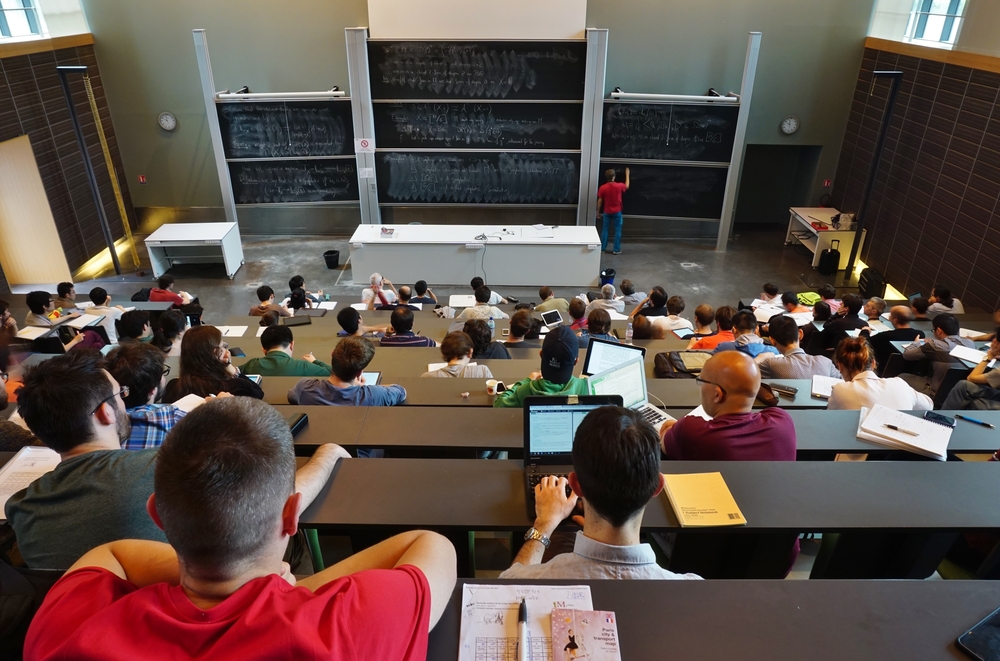Although many seek a second home in the sun in which to spend their holidays, for some, the decision to buy in France is fueled by the desire for a complete lifestyle change, which comes with its own complexities and logistical considerations.
At the age of 12, my family relocated to France where my sister and I both attended local, rural schools. Many people asked my parents what French schooling was like, as the transition from British to French education can understandably be a source of confusion.
Although differences in primary education do exist, the secondary phase is where the gap widens. It is divided into two stages: “collège” (from the age of 11 to 15) and “lycée” (similar to a sixth form college, from 15 to 18). The first set of exams, the “Diplôme National du Brevet” is sat at the age of 15, in the final year of collège, before the transition to lycée.
An important factor to consider is timing, in order to optimise a child’s integration into the French schooling system. Starting at a French school at the age of 12 gave me enough time to get to grips with the language before the lead up to the Brevet.
There are various types of lycée: “général”, perhaps the most common, which tends to lead towards university, “technologique”, which prepares for shorter studies, and “professionel”, vocational, ideal for students gearing up for a hands on job.
In the first year of a “lycée général”, the student will attend a wide range of classes in order to decide on the focus of their final two years: scientific, literary or economic. Each path will place varying emphasis on certain subjects during the baccalauréat.
My personal choice was to follow the literary path which meant that my timetable was focussed around French, literature, philosophy and modern languages with fewer hours dedicated to maths and science – being a native English speaker guaranteed good marks in English exams at the very least! The core subjects of each class vary, the marks for each are weighted accordingly and a single average mark is calculated in the final exams.
France is also home to a range of international schools, which could be an alternative for those relocating with older children who have less time to perfect their French. These will have English as one of their official languages and offer either French or English curriculums, or even a mix of the two.
Unlike A Levels, students cannot pick and choose the subjects they sit in the baccalauréat. However, continuing to study a broader range of subjects for longer could keep more doors open for those wishing to continue down the path of higher education. Regardless, studying across the Channel is a unique way of learning the language and experiencing total immersion into a foreign culture, offering invaluable lifelong benefits.





